6 Pakistani fashion brands that wowed us with winning social media campaigns
Remember Mahira Khan's edgy Pepe Jeans photoshoot? Or Deepak Perwani taking a stand with his 'Fix It' campaign?
Whether it's corporate social responsibility (CSR) or celebrity endorsements, fashion brands are upping their game on social media after realising the true value of the platform in today's digital age.
From Instagram to Facebook to the use of popular hashtags, brands are now consciously using social media in creative ways to draw in their audience. Some get it wrong, but a select few... get it right.
Here's how six brands have changed the way we view social media campaigns through innovation and creativity.
1) Pepe Jeans
Admit it: you, like us, didn't know how to pronounce the name of the brand when its adverts with Mahira Khan first splashed all over your newsfeed. But here's the thing: we saw Mahira in a completely different avatar; sporting a grungy, raw look for the first time and you know what? She looked darn good.

The sweet, 'seedhi saadhi' Humsafar actor was now this hot mess wearing leather pants, looking into the camera with furrowed brows, looking all #WetHairDontCare, and we LOVED it!

Soon after, Ayesha Omar and Sikander Rizvi graced our newsfeed and we were in awe. The cutesy couple got all flirty at the beach for the summer shoot of Pepe Jeans and we couldn't get enough.

Then came the socialite and boxer Amir Khan's wife, Faryal Makhdoom. with her ripped, painted, self-designed jeans and asked us to join in and design our own jeans (hell yeah!).
Social media went into a frenzy after these photoshoots, with people talking about them non-stop. But exactly how did Pepe Jeans Pakistan decide to break the mold with these shoots?
"Speaking globally, all our clientele is on social media; Instagram and Facebook, which is why all our campaigns focus on celebrities with a large fan following, keeping a close focus on their Instagram followers. Whoever has more Instagram followers, we focus on them," explains Saad, CEO Pepe Jeans.
He gave us insight into the idea behind the international fashion brand's campaign: "The objective [of these campaigns] was to bring a new concept to Pakistan. During Mahira's campaign, the response was slow, but it picked up after, like the response after Ayesha Omar's campaign was much bigger and Faryal's was the best. With Faryal Makhdoom's campaign especially, we wanted to get people to customise [our jeans] by saying, these are your jeans, do what you want with them."
And they're not stopping as yet, get ready for another impressive campaign, as Pepe gears up for their October collection.
2) Zara Shahjahan
How many times have we bought designer wear and known the tailors working behind-the-scenes? Let's be honest, never.
So when Zara Shahjahan decided to join hands with global social cause #IMadeItCampaign, which showcases skilled labourers who are the driving force behind brands/companies, we were moved and joyed, to say the least.

"I came across it [the concept] through a blog," says Zara, owner of fashion label Zara Shahjahan. "And we thought, it's a great idea, we should also talk about this."
She adds, "There is a misconception in Pakistan that karigars are not paid well or taken care of, that the designers pocket all the money. But most of our labour is highly paid, especially skilled labour so we wanted to make people aware of this; how well these people behind the fashion, who make these clothes, are treated."
The team decided to do the campaign on Instagram, and featured pictures ranging from their karigar who stitches bridals to the management head who checks the quality of the clothes.

"Our [Pakistan's fashion] skilled labour is one of the best hand embroiderers in the world. An adday walla is paid a minimum of Rs40,000 - 50,000 per month, more than most people with a Bachelor's earn here. Even tailors are paid around Rs1 lakh - 1.30 lakhs a month," discloses the designer.
Were people appreciative of the campaign?
Surprisingly for the designer, the campaign garnered a positive response. "It was well-received. A lot of people doubted it but most of the people were appreciative about it and thanked us for telling them about it and keeping people happy," says Zara.

The campaign saw a short run, with only three pictures on Zara Shahjahan's Instagram page, but the designer adds that there may be more posts in the future. She says, "Maybe in the future we might do it again for another department, because there are so many other people in the industry who need to be highlighted in all the different fields."
We're surprised other designers didn't latch on but Zara explains that it's probably because they didn't want to come across as 'copying' other designer's campaigns.
"They [labourers] are the heart and soul of your business. if you don't take care of them they will leave," she says.
3) Generation
If you know about the Girls at Dhabas movement, then you should know that it inspired many social movements in the country, including one by fashion house Generation. The brand's ongoing #StepOutside campaign is one such effort which used the social movement to portray women reclaiming public spaces.

"All summer since March, we had been talking about our spring concept. We were very inspired by the Girls at Dhabas movement, about how women should be able to loiter at public spaces," says Khadija, director of design and marketing at Generation.
And without much ado, they got working on the campaign, "We got Zara Abid on board and Abdullah Harris for photography. There were no sets, we actually made her go on buses, on metros, on pedestrian bridges and so on," she adds.

"We featured other artists like Ayesha Jatoi and wanted her to do similar things; being out and about in areas one wouldn't expect her to be at. For our campaign we used hashtag #StepOutside and asked our customers to share their stories, and they did," she says.
It wasn't just the models who got to have all the fun, women from different professions too were asked to be a part of the campaign. The idea behind the campaign was to feature women from urban spaces who are aware of their surroundings, but look edgy all the same, explains Khadija.
"The shoot we did then featured real women from different walks of life. This was our idea initially, no models, but such campaigns take time. People in the business aren't immediately open to such things so we took our time with it and built it properly. The shoot was in Lahore and showed the city through the times," she adds.

The campaign picked up late, but once it did, it became the buzz of town. "Initially it took time for the campaign to pick up, but only for a very short period, immediately after, people were talking. Men who wouldn't follow women's fashion were still talking about the brand and the campaign. They would point out how brands don't do much, they aren't suppose to generally, but we did and that's big. Everyone who should know about it, knew about it," she says.
Taking it one step further, Generation took the initiative to the runway and featured the video at Fashion Pakistan Week.
She says, "Our FPW collection, 'A Dot That Went For A Walk' was a similar style. Right before the show we played a video, where the model was doing exactly what we had Zara do [in the photoshoots]; crossing streets, having tea at a dhaba, initially you could only see her feet, but right before the video ended we showed the model and her clothes. Once it ended the model featured in the video was the first model to walk the ramp in the clothes worn in the video - which were the first designs. We even gave out newspapers, compasses and maps to the press to point out the need to go out and venture."
Though the campaign was not given much coverage, the brand's effort was lauded by the people and Girls at Dhabas, who reached out to Generation to voice their appreciation. And they don't plan on stopping now, they hope to continue this initiative, developing it further.

"Interest in social causes makes brands noticeable, and we have started being known for that. Many people are aware of us now and we have a very clear identity in the industry," says the director.
4) Deepak Perwani
Karachi is beautiful, or at least we like thinking it is. But the true state of our city can sometimes be depressing.
That's what Deepak Perwani set out to make an example of with his 'Fix It' campaign.

"As a designer I feel like I do have the responsibility, and I love the responsibility of highlighting the times we're in, the ideologies we have, through fashion," says the designer.
His campaign #FixIt shows models dressed in Deepak Perwani outfits posing in front of sites that need fixing -- like a pile of garbage or a dilapidated exterior. The hope is to draw attention to everything that's wrong in this city so that persons in power are motivated to, well, fix it.

"I mean, come on, let's be honest. Karachi, this city we're in, this city we all love... 70 per cent of it is a dump! Why are we okay with that?" asks Deepak. "And it's the small things that matter. Just the realisation that it's you who has to have a sense of responsibility to the city you're in, it'll be a start," continues the designer.
The idea behind the campaign was to get people in-charge to fix the city, and Deepak full well knew that this campaign would possibly not be a hit considering that the designs had text 'fix it' printed all over and it wasn't targeted towards the fashion savvy, however, he was pleasantly surprised by the feedback.
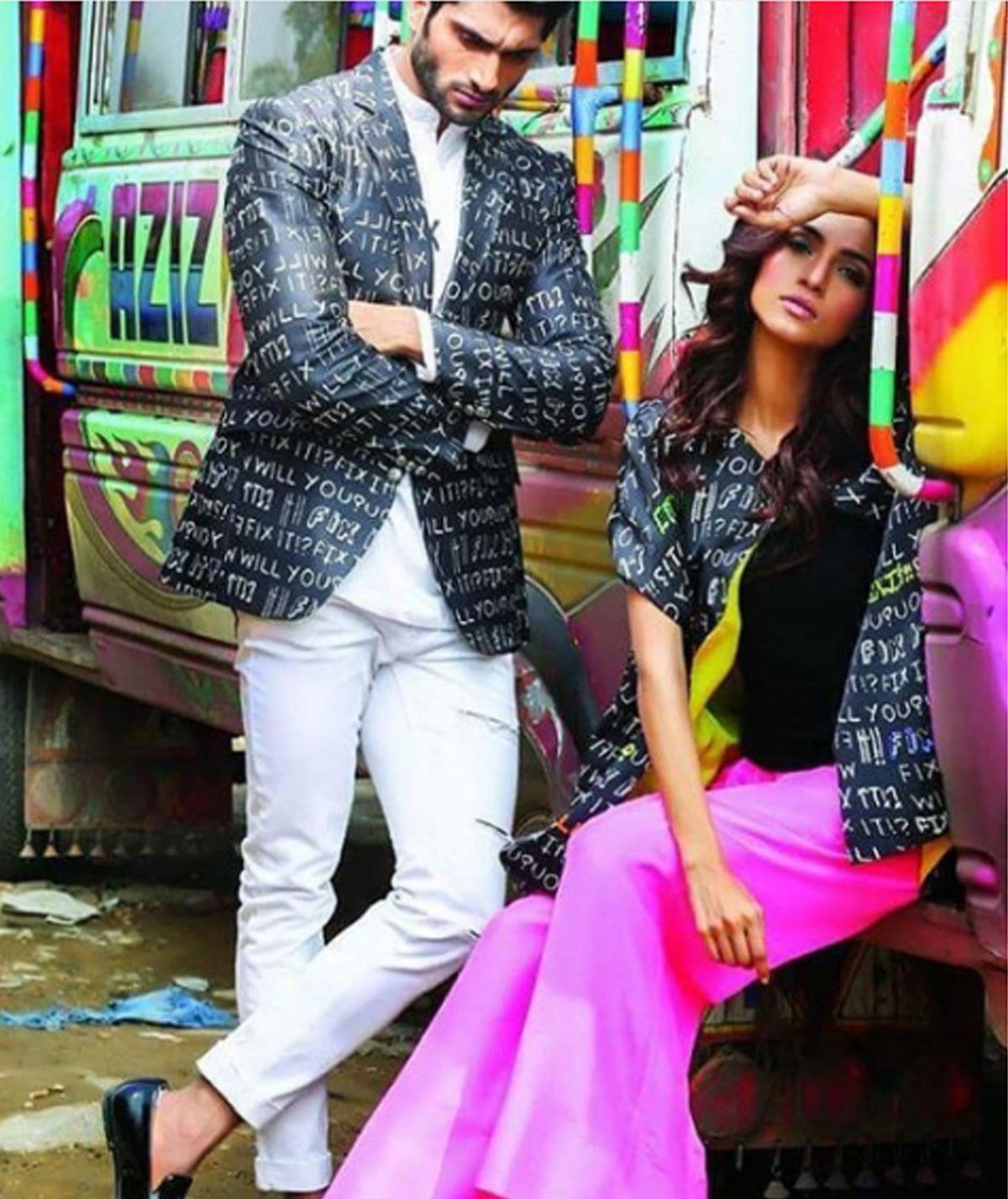
"The 'Fix It' kurti was our underdog," he says. "I wanted to make it, so I did. But honestly I wasn't expecting the amazing response. People buy our stuff, that's there, but even I was pleasantly surprised that a kurti that just says 'fix it, fix it, fix it' all over would be a hit. We're actually bringing it back because people loved it that much. And that says something doesn't it?"
5) Sanam Chaudhri
Perfect tans, glistening bodies, and lean figures - when it comes to fashion, photoshoots tend to feature a certain 'type', but designer Sanam Chaudhri sought to break that cycle (and thank God for that!).
Tackling the issue of body image, Sanam decided to go for the Real Woman campaign, something she always aimed to show since she began as a designer.
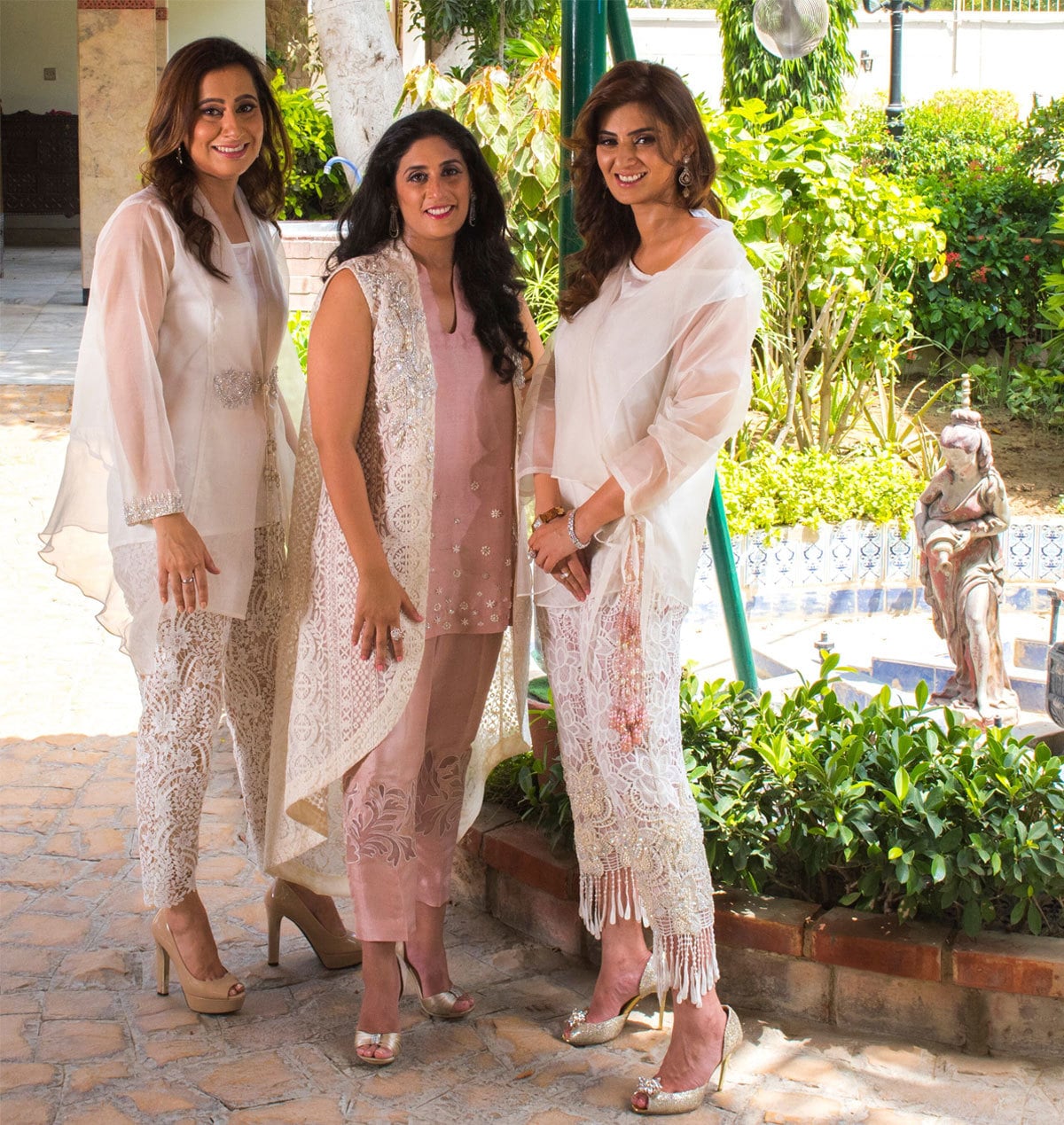
"Unfortunately, the fashion fraternity wrinkles its nose at 'plus size' women. It refuses to acknowledge that it's about the person, the attitude, not one's 'figure' alone," says the designer of her choice to choose real women over professional models.
The campaign which went with hashtag #AntiSizeZero, sought to promote body positivity. Sanam's campaign was widely appreciated by her Instagram followers. and it instantly took off on social media.
But what about "nothing tastes as good as skinny feels", how does Sanam feel about that statement?
"I believe, 'Nothing feels as sexy as confidence and curves'," says the designer.

She adds, "Being healthy and fit should be a priority. We need to remember that health exudes beauty and happiness. Unrealistic body image goals fester disorders such as bulimia, anorexia and depression. A healthy body and mind is the key to a happy existence."
Sanam is out to debunk the skinny myth and so far, people are loving it. "We don't have a size zero pattern, so no; it's not the way to go when designing for our women," she says.
However, this is not the first time the designer has used real women for a campaign, this idea is something she feels personally about and makes sure that it's not only part of a campaign but also her design house.

And she refuses to drop down to a size zero. "Never! I like my parathas too much for that to happen, ever! I personally feel that being fit and healthy is so much cooler than having a skinny body," says Sanam.
High-five!
6) Ideas Pret
Mother's Day is a special day for most, but for mothers living at old age homes it's just a regular day.
"We heard about an old age home where the people felt left out and alone - nobody came to visit them," says Sahar Ghanchi, Ideas Pret Product Manager.

In order to change that, Ideas Pret decided to go to an old age home and give some love to the mothers. They got a videographer on board and sent their design team to the old age home to talk to the people, since that's the one thing they really wanted: to have someone to talk to.
"On Mother's Day, we surprised the women at the old age home, had a tea party, gifted them kurtas - and not just the women, but the men too," she adds.
The event was a success, not only were the women overjoyed but the response from the audience was also extremely positive.

"The women were really happy and emotional, they wished their own kids would surprise them like that, since nobody comes to visit them or talk to them. This really took them by surprise and they're looking forward to this day from now on," she adds.
Falling under the banner 'Ideas for a Better Tomorrow', Ideas Pret seeks to promote women empowerment among other things; the Mother's Day event was one part of the campaign which Team Ideas Pret hopes to run every year.
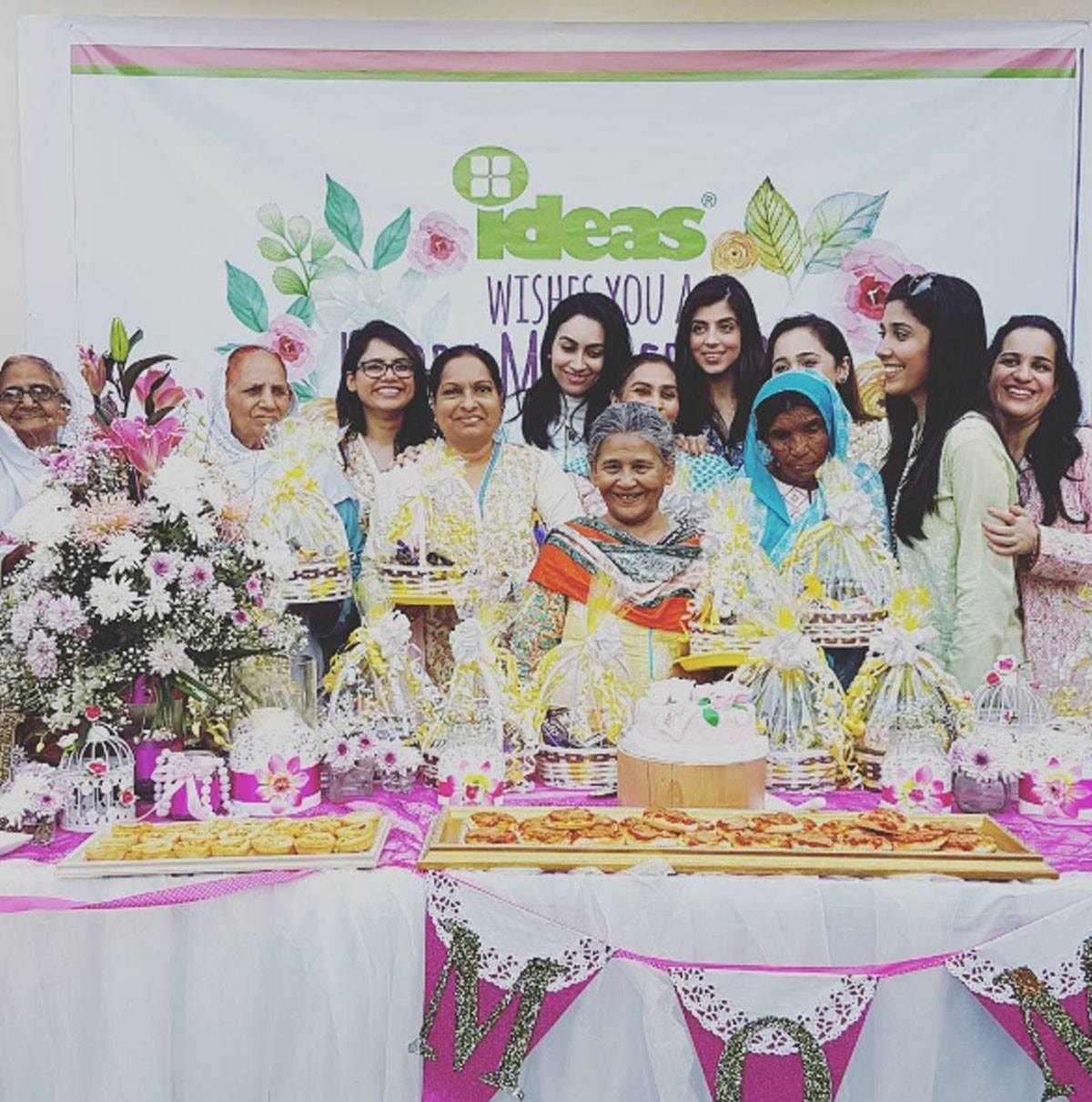
"This campaign is our way of giving back to the society, we are where we are because of our people, and this is us returning the favour," says Sahar. "We hope this inspires others to do the same and give back to society."






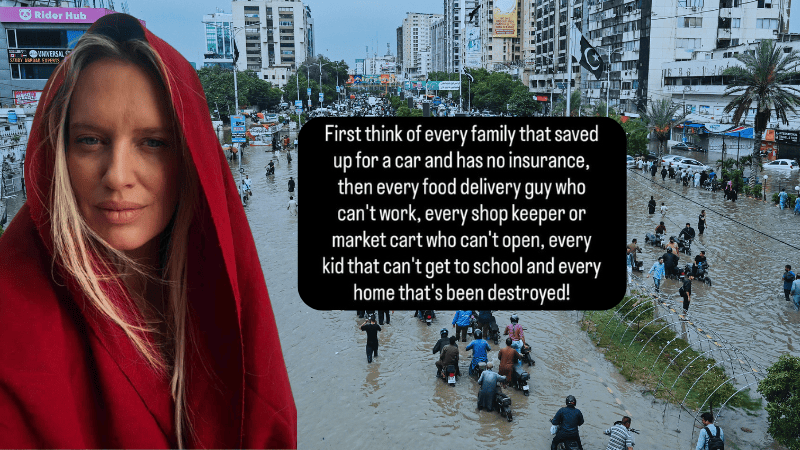



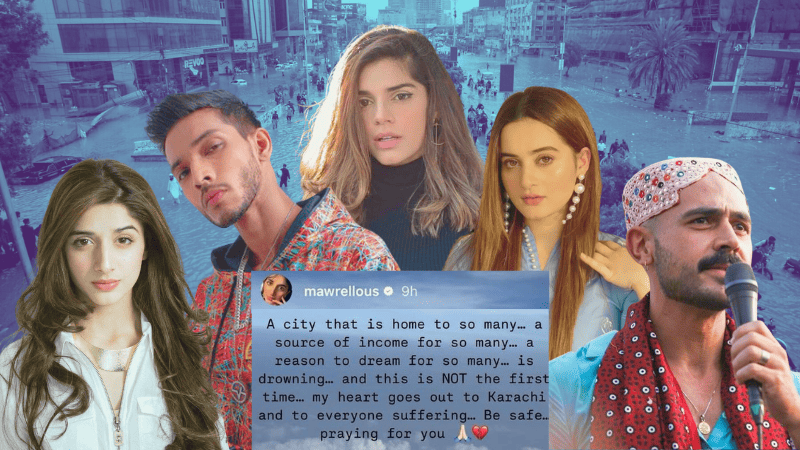
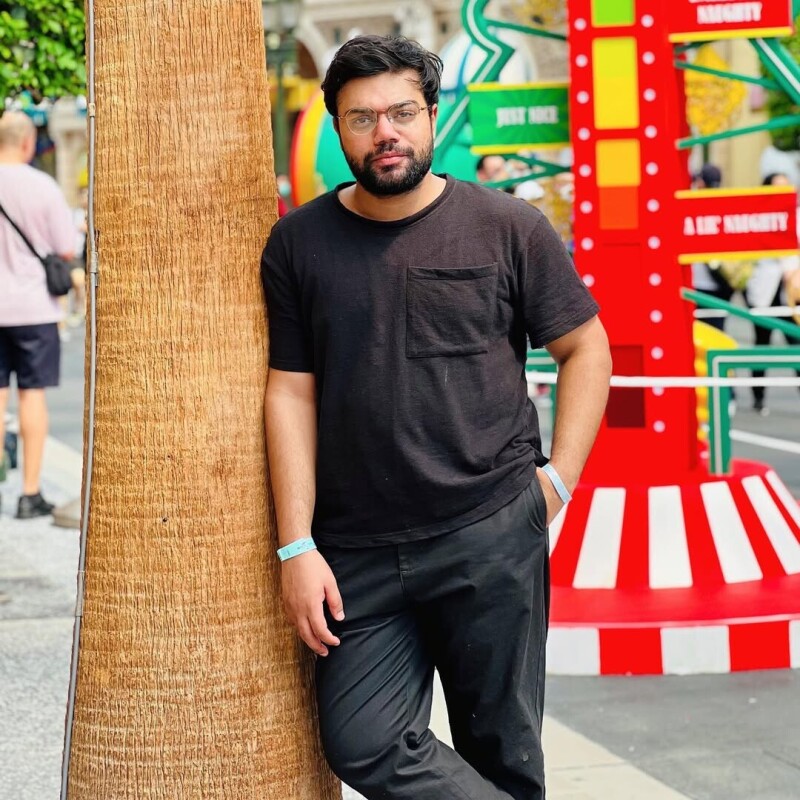

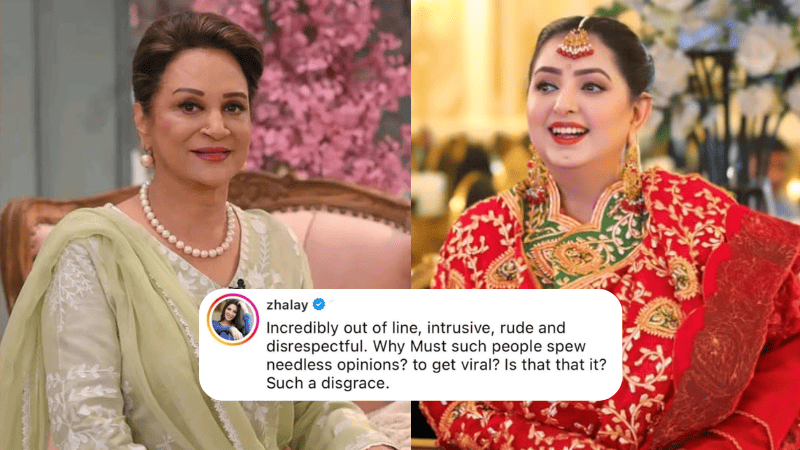
Comments